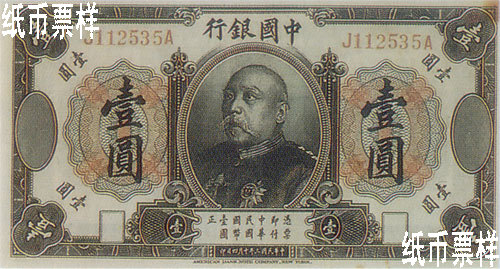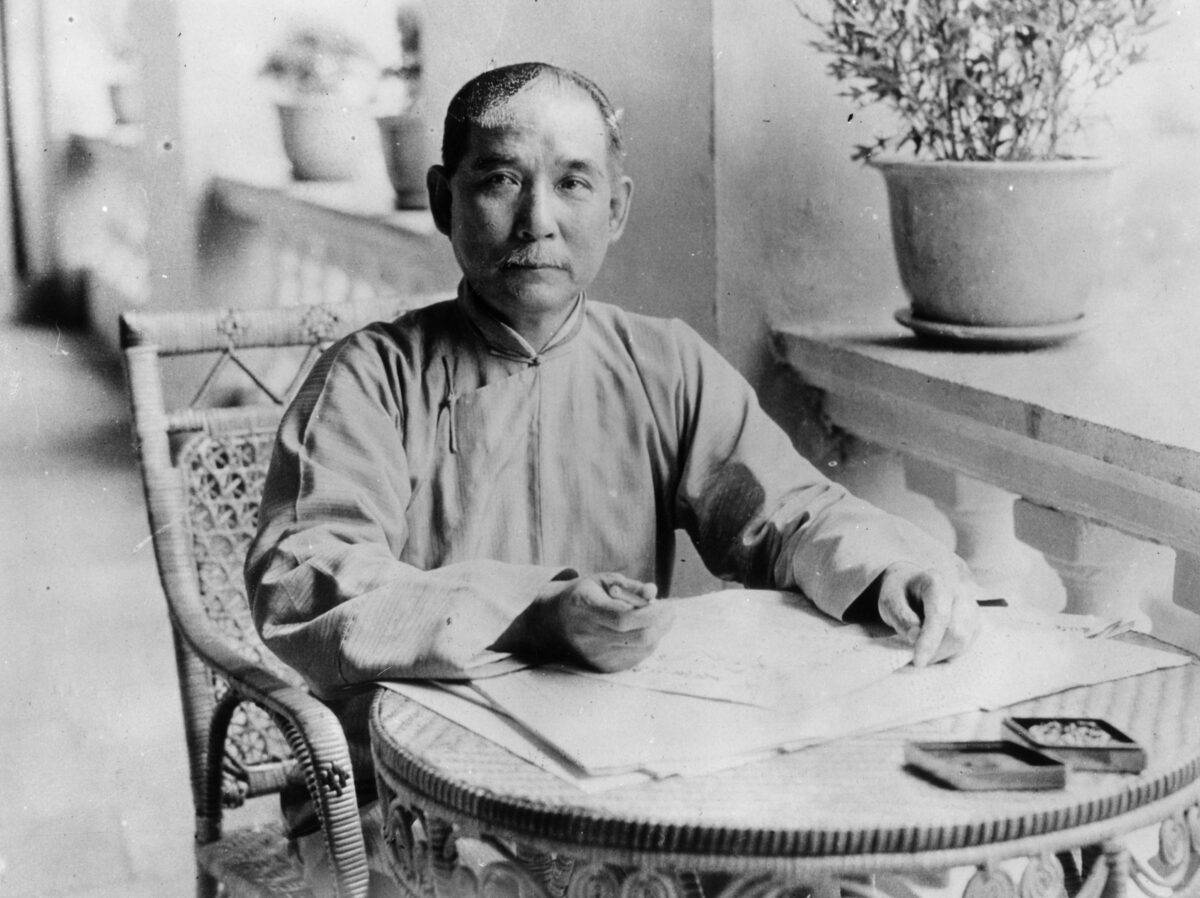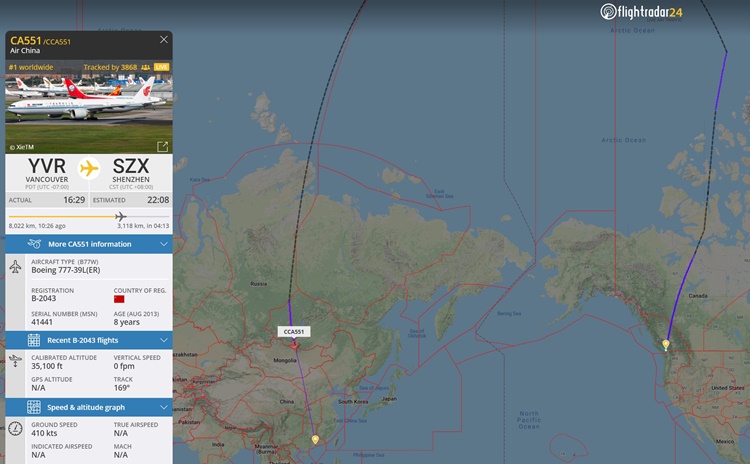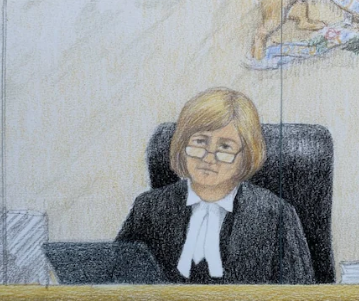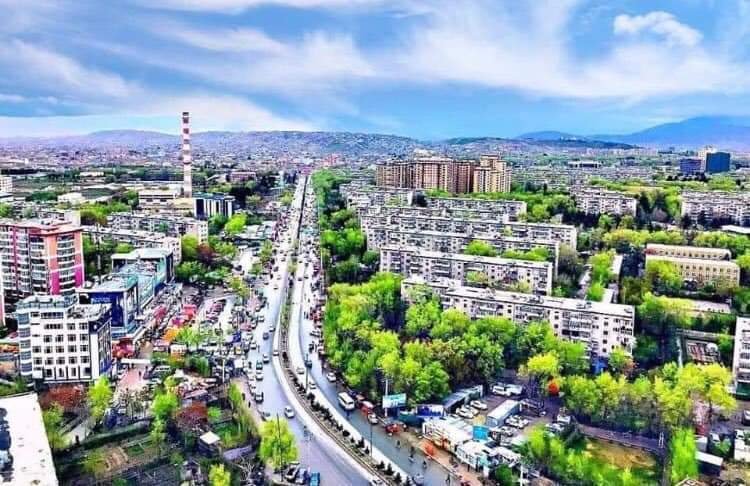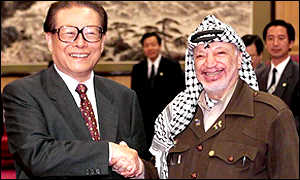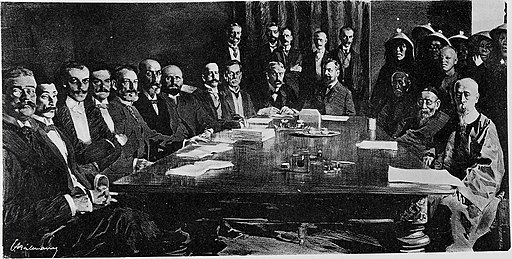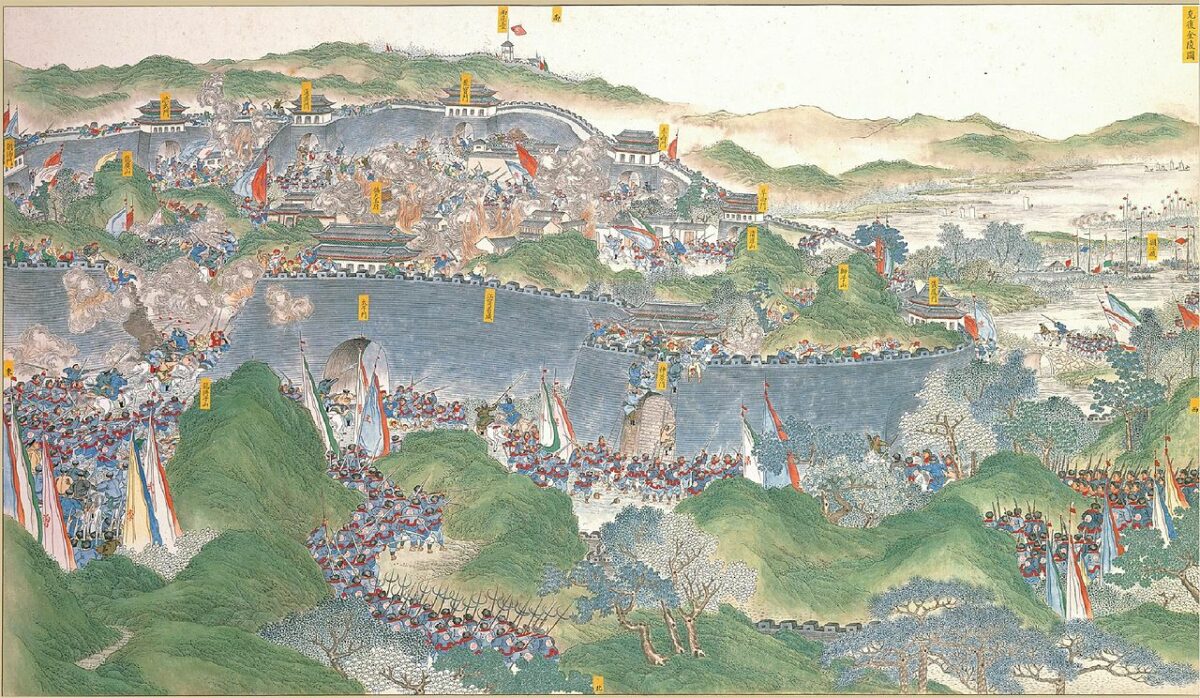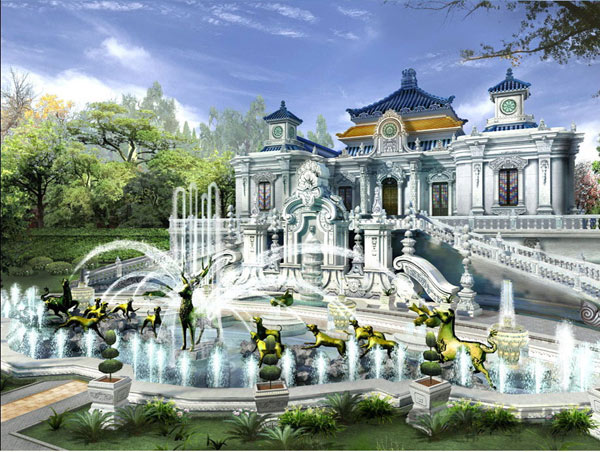The 1911 Chinese Revolution ends with Yuan Shikai in charge. He is ready to take the throne and become emperor except that he can’t sweep the foreigners away and ends up deepening the crisis. China enters the WW1 period in a state of fragmentation as the time of the warlords begins.
Tag: China
World War Civ 17a: The 1911 Chinese Revolution pt1
The Qing dynasty desperately tries a reform to stay in power while secret societies plot against them; intellectuals debate how to modernize China while Western imperialists keep pressuring China after crushing the Boxer Rebellion. Sun Yat Sen leads a movement for a republic and a revolutionary moment sparks in 1911. Part 1 of 2.
AEP 99: The Meng Wanzhou Victory Lap
I am back with journalist and activist KJ Noh, retired SF Judge Julie Tang, and activist/writer Dan Freeman-Maloy. Meng Wanzhou is free and back in China! We painted a pretty pessimistic picture for you in AEP 95 before the ruling, then poof! The Canadian election happened and Meng was on a plane back to China! Dan goes over some Canadian history of anti-Chinese racism; Julie helps us go over the Deferred Prosecution Agreement and what it means; KJ helps us assess whether this was a victory or a defeat. We conclude with some of Meng’s own words, and some ruminations on the future of Huawei, of HSBC, and of the “American Trap”.
AEP 95: Waiting for Heather Holmes’s judgment in the Meng Wanzhou case
Journalist KJ Noh and retired SF Superior Court judge Julie Tang join me to talk about the Meng Wanzhou case, in which Canada has kidnapped a Chinese executive at US request in 2018. As we await judgement which may come in October or November after the September Federal Election, British Columbia judge Heather Holmes has pondered the nature of a fraud case with no harm and where the alleged fraud “victim” (in this case the British bank HSBC) had the facts that were allegedly withheld. I’ve covered this case for a while and understanding it requires knowledge of the law, of extradition, of US unilateral sanctions on Iran, the US tech war with China, Britain’s colonial history with China, and quite a bit else. We try to find you a way through it all in this episode (but you might want to go back and listen to the earlier series too). Having done the wrong thing for so long, is there any hope Canada would do the right thing now? Ultimately, we are advocating here to Free Meng Wanzhou!
AEP 91: Kung Fu Yoga – US withdraws from Afghanistan and panics about China, with Carl Zha
Another episode of Kung Fu Yoga with Carl Zha, where we talk about the Indian and Chinese angles on world events. With the US withdrawing from Afghanistan like thieves in the night, the greatest agent of chaos may be gone (or mostly gone, for now) and country’s neighbours (Iran, Russia, the Central Asian republics, Pakistan, India, and China) will be playing a bigger role in the future, and so, evidently, will the Taliban. We talk about the differences we see between the Taliban of today and the Taliban of 2001 in terms of the movement’s apparent support in rural areas and ability to win many of them over without fighting; in terms of the Taliban’s perhaps independence from Pakistan; and in terms of the Taliban’s diplomatic agenda in the region. With the US panic about China taking up where the US left off, we consider China’s relationship with Pakistan (eg., the China-Pakistan Economic Corridor) and whether that has any insight to offer about what the China-Afghanistan relationship might look like in terms of priorities like infrastructure, the Belt & Road initiative, and China’s concerns with stability and terrorism on the border with Xinjiang. As well as India’s seeming irrelevance to the situation.
AEP 84: Kung Fu Yoga – China, India, and Israel/Palestine with Carl Zha
In the wake of Israel’s 2021 massacres in Gaza and violence elsewhere in Palestine, and a few days into the ceasefire, Carl Zha and I talk about the histories of India and China with Israel and Palestine. We speculate about what the future of a multipolar world with a stronger China might portend for the Israel/Palestine conflict and conclude, sadly, that the answer is: not much.
Civilizations 31: The first anti-imperialist uprising of the 20th century: Yi Ho Tuan, or Boxer Rebellion of 1900
By pure coincidence, we are publishing this episode on the day the world contrasted the the Alaska Summit – a US-China meeting in March 2021, in which China told the US to stop posturing, to the humiliations of the Boxer Protocol of 1901. In this episode, we talk about the terrible famines of 1876 and 1896 in China and India that killed tens of millions of people, the context of the Boxer Uprising of lightly armed but tenacious anti-imperialists, and the further humiliations inflicted on China by the imperialists at the nadir of China’s century of humiliation.
AEP 78: A look at Canada, as it declares genocide in Xinjiang
I bring Carl Zha on for another Kung Fu Yoga episode, this time about Canada. We discuss the unanimous declaration by the Canadian parliament (followed by the Netherlands parliament days later) in February 2021 that a genocide is taking place in Xinjiang. What’s really behind this declaration, and how can Canadian history, and Chinese history, help us think about the issue? We reference relevant episodes from the Civilizations Series and from Carl Zha’s Silk & Steel podcast.
Civilizations 28c: Taiping Rebellion pt3 – the fall of the rebels
Having burned the palace of the ruling Qing dynasty, the imperialists decided to take their side and help them defeat the Taiping. As Zeng Guofan’s encirclement strategy takes hold, the imperialists are running the Ever Victorious Army with figures like Garnet Wolesley (who fought Louis Riel in Canada) and Charles Gordon (who we’ll meet again in the Scramble for Africa). It ends with the fall of Nanjing, terrible massacres, and an accounting of the death toll and what was left of China at the end of the worst civil war in history.
Civilizations 28b: Opium War 2, 1856-1860
In the midst of the most destructive war in China’s history, the imperialists decided it was time to sack and burn China a second time. In this episode, on the Second Opium War, we talk about the deepening imperialism, get you into the bizarre imperialist mind of Lord Elgin as he rationalizes the burning of the palace in Beijing, show you again how Marx was well ahead of his contemporaries writing about the Peiho stitchup, and talk about the strategies of Ye Mingchen and of Prince Seng.

